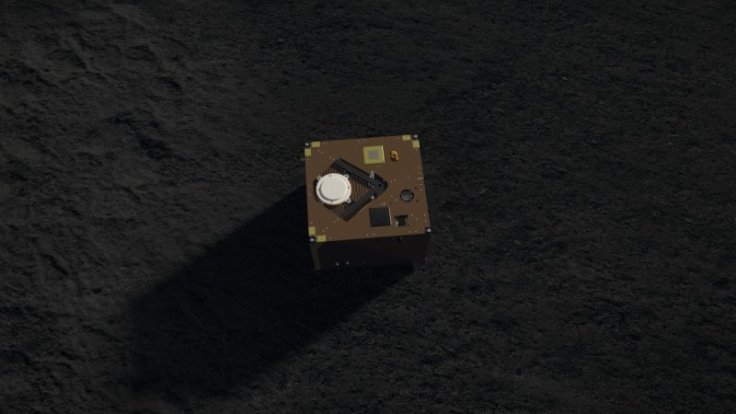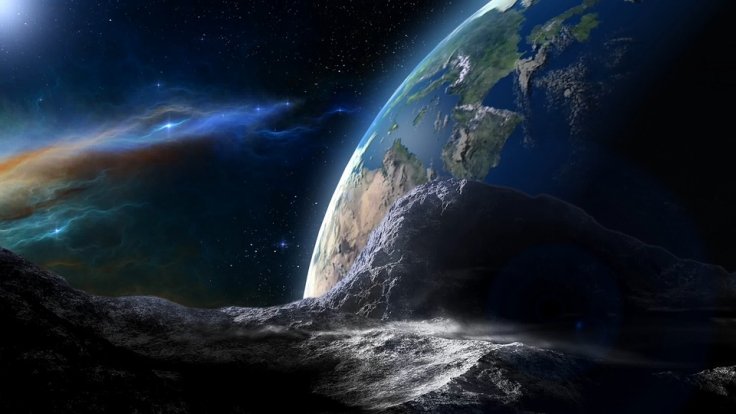
Japan's space agency is currently preparing to bring back its Hayabusa 2 probe after spending over a year in space studying the massive asteroid Ryugu. For its return trip, the spacecraft will bring back important samples it has taken from the asteroid.
The Japan Aerospace Exploration Agency (JAXA) officially launched Hayabusa 2 in December 2014. For almost four years, the probe travelled around 300 million kilometres in space to reach the near-Earth asteroid Ryugu in June 2018.
Hayabusa 2 flew alongside the asteroid to carry out various studies on it. During the course of its mission, the probe deployed rovers on the asteroid. Back in April, the spacecraft detonated an impactor device on the surface of Ryugu in order to expose its inner materials to the atmosphere.
After over a year since Hayabusa 2 arrived in Ryugu, JAXA is now preparing to leave the asteroid. On Wednesday morning, the probe conducted the necessary actions to prepare for its departure. It will officially break free from the asteroid's gravity on Nov. 18.

JAXA expects the spacecraft to reach Earth sometime in December 2020. According to the agency, Hayabusa 2's return trip will be much shorter compared to its first voyage since Ryugu is currently closer to Earth than its previous position in 2014.
"I'm feeling half-sad, half-determined to do our best to get the probe home," Hayabusa 2's project manager Yuichi Tsuda said according to Science Alert. "Ryugu has been at the heart of our everyday life for the past year and a half."
Upon reaching Earth, JAXA's scientists will retrieve the samples taken by the probe from the asteroid. According to Tsuda, the samples contain organic and carbon matter from Ryugu. He and his team are hoping that these samples will provide valuable information as to how cosmic materials scattered in space end up on asteroids.
Tsuda noted that studying the samples could also reveal if materials taken from the asteroid match those found on Earth. If they do, the Hayabusa 2 sample-return mission would provide a deeper understanding regarding planetary formations. "We expect Hayabusa 2 will provide new scientific knowledge to us," Tsuda said.









